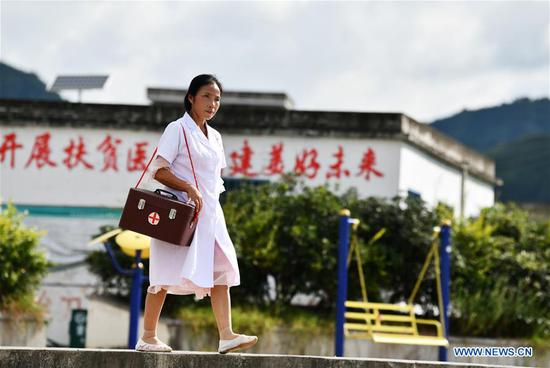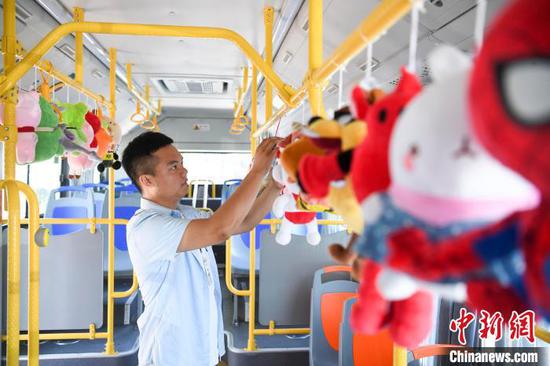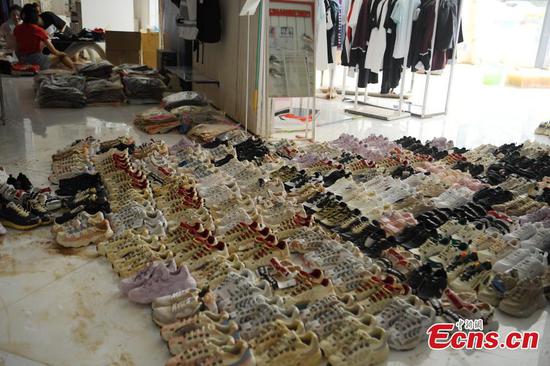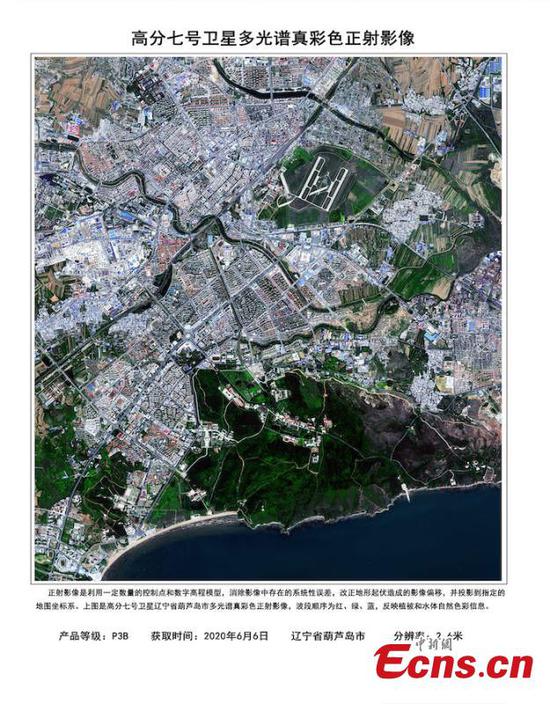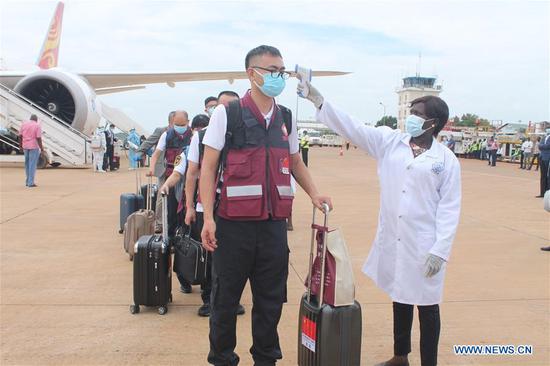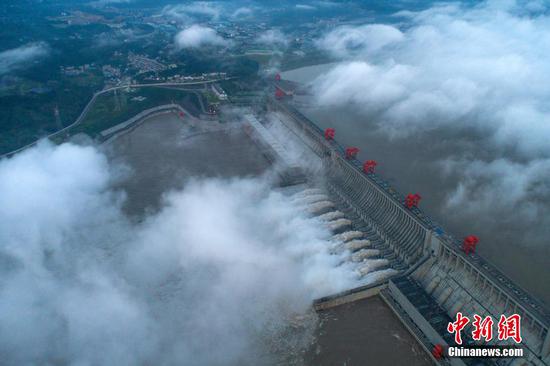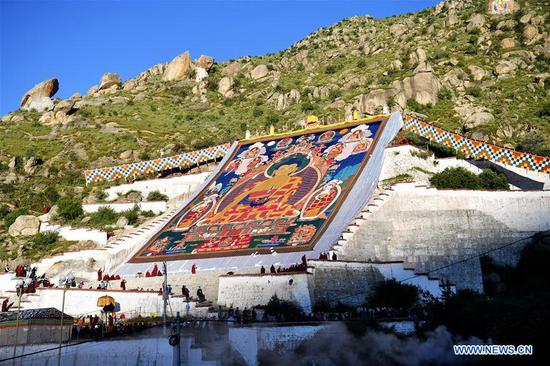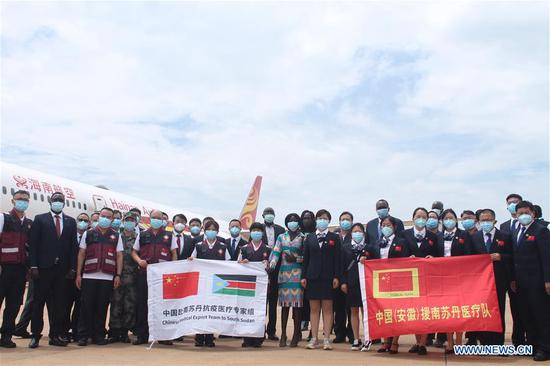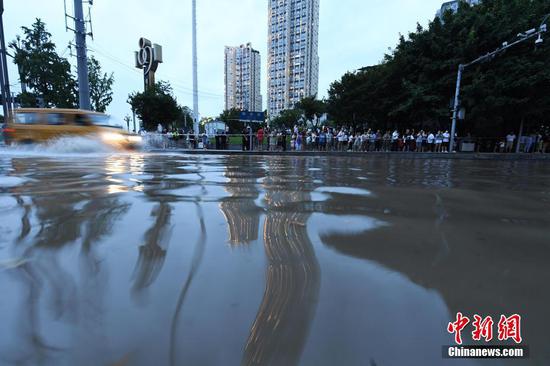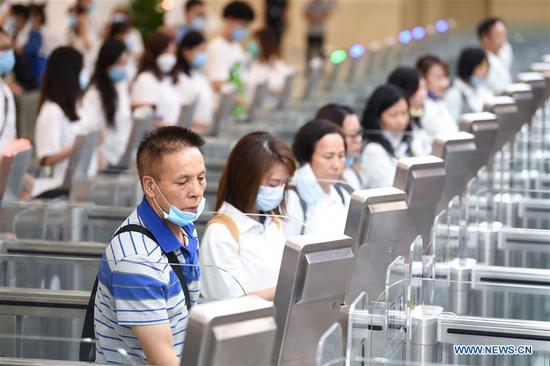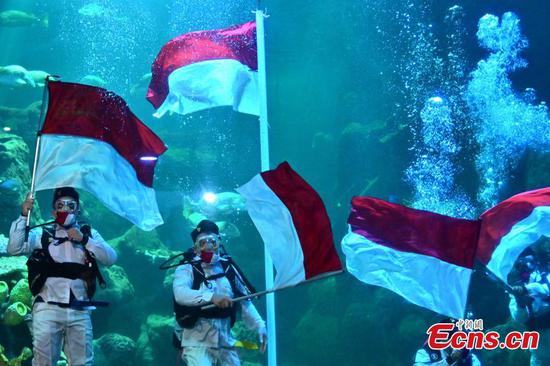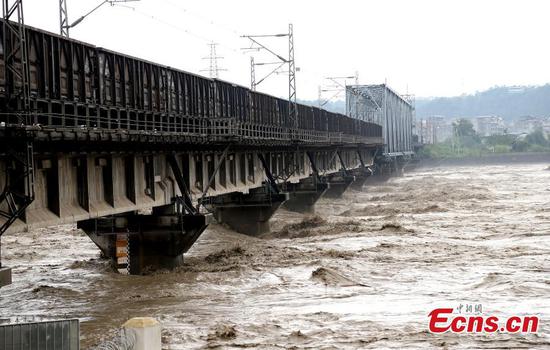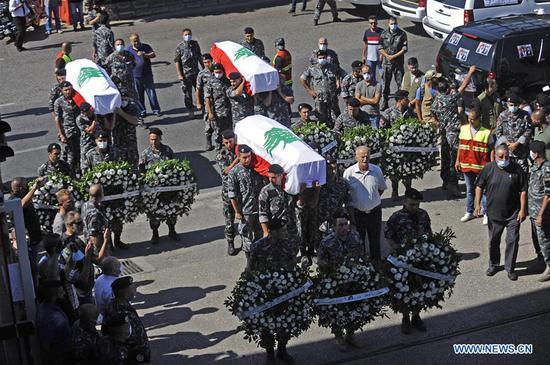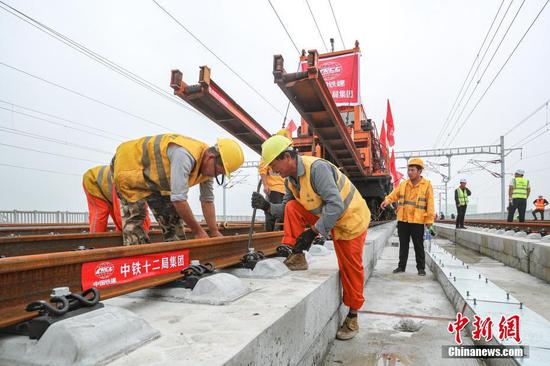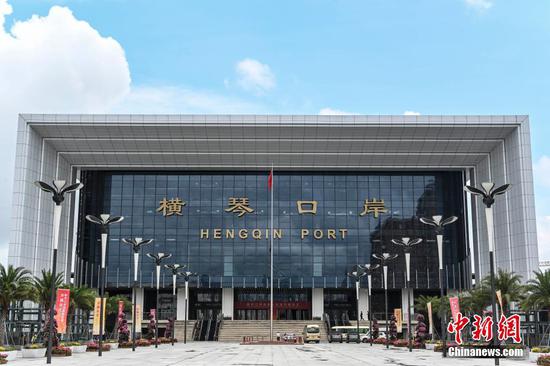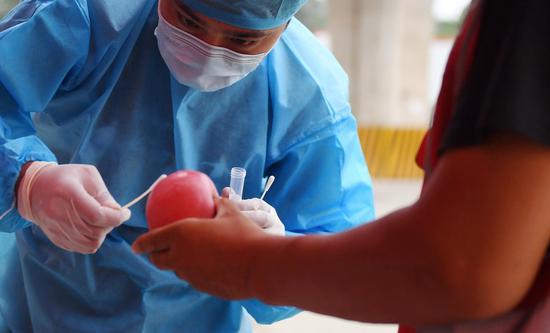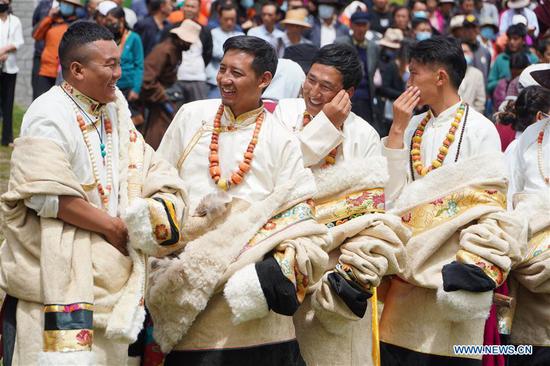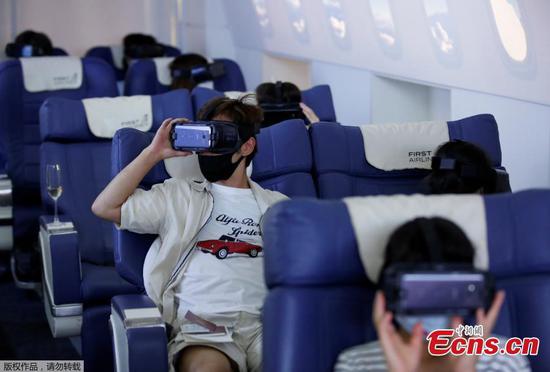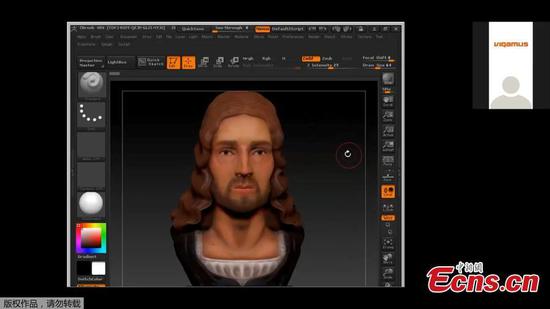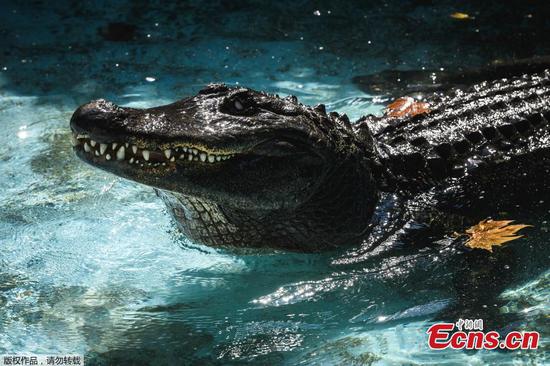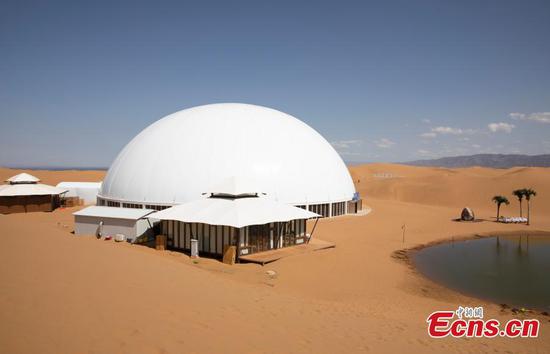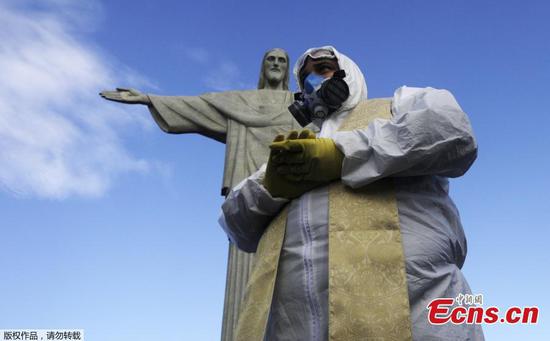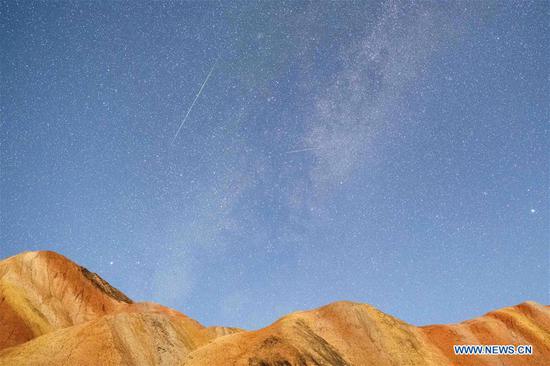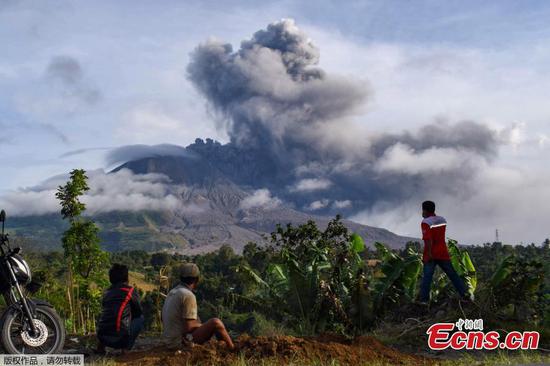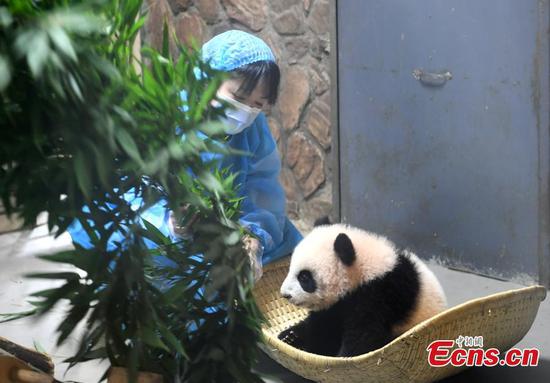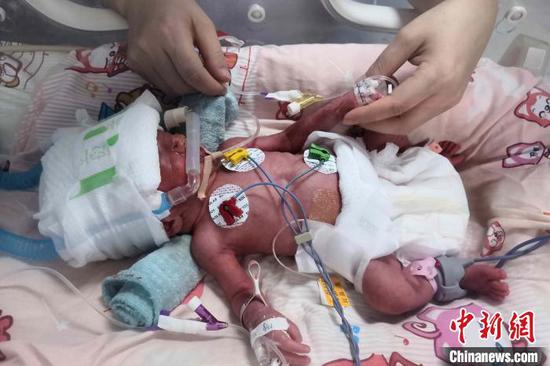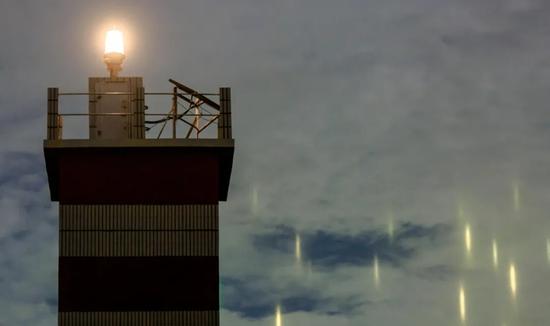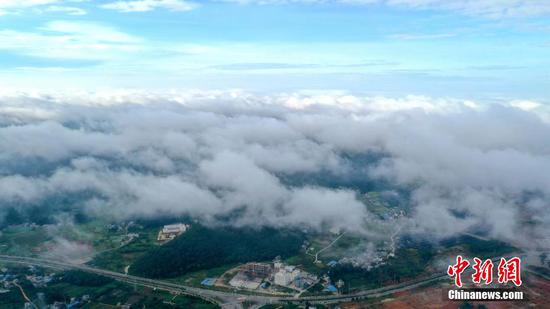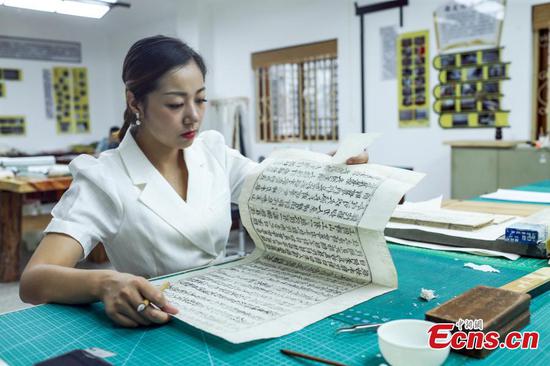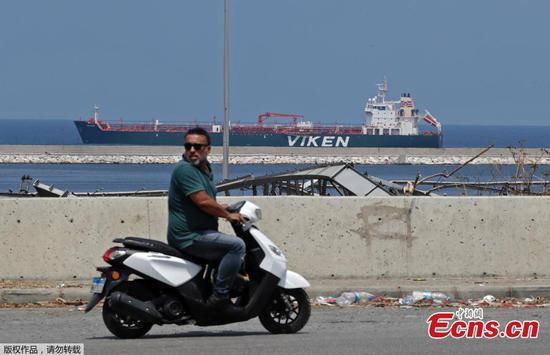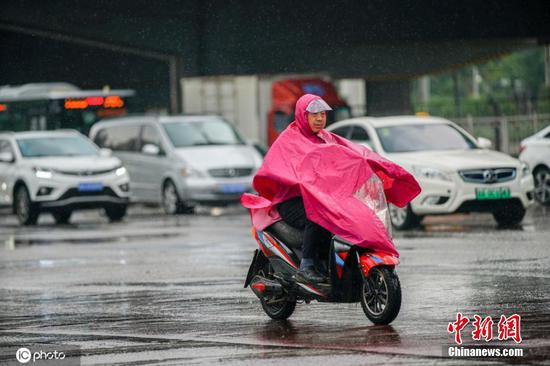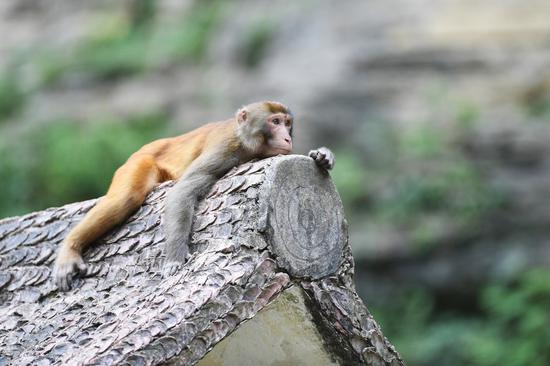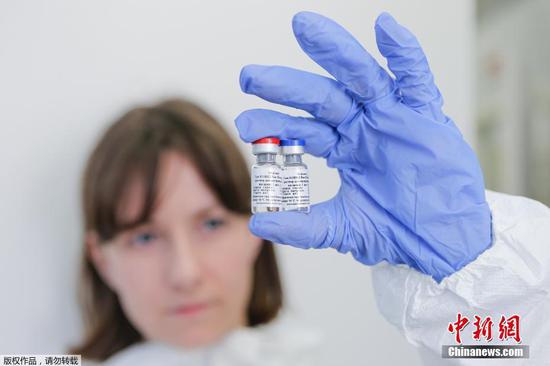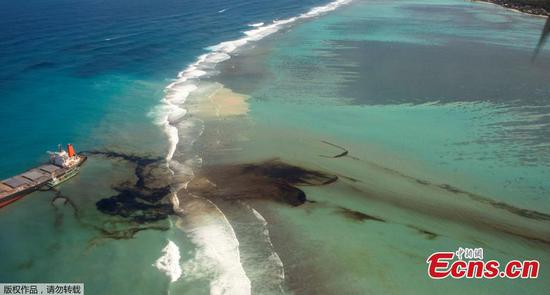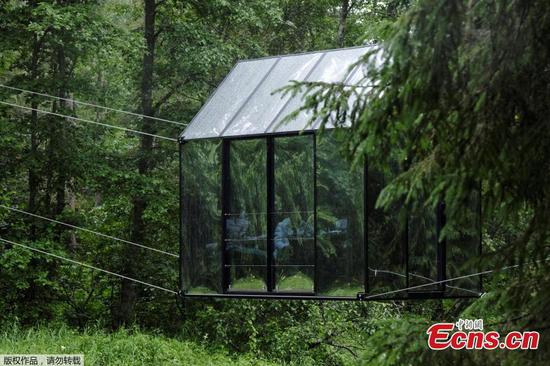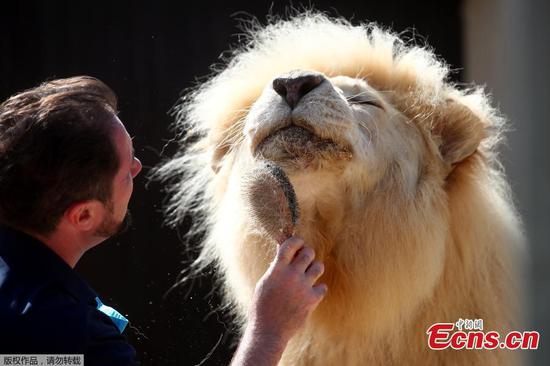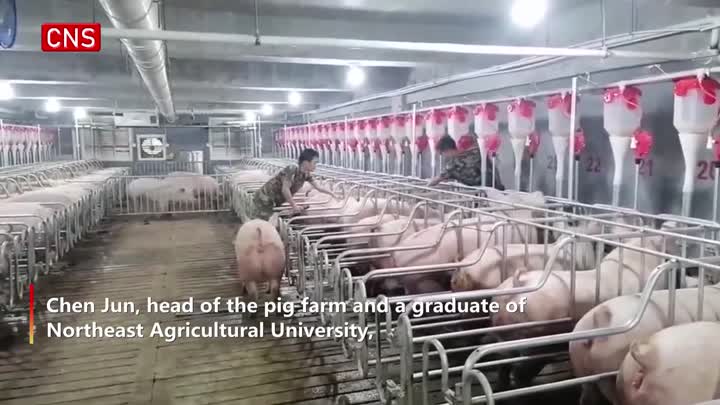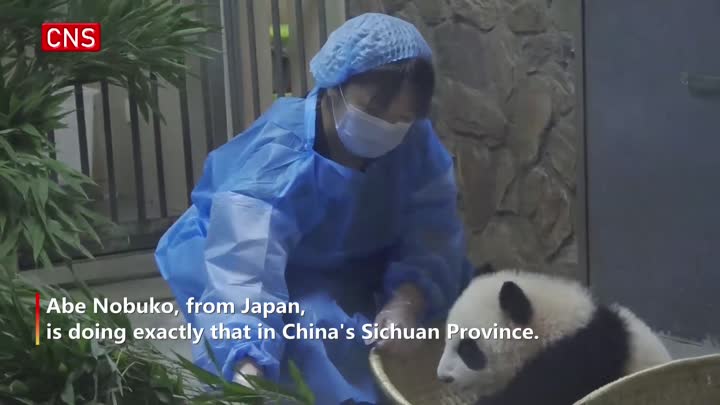As the support from the central government has boosted its testing capacity, Hong Kong will start a massive screening for COVID-19 on Sept. 1 and aims to complete the testing in no more than two weeks in an effort to rein in the severe epidemic situation.
Chief Executive of the Hong Kong Special Administrative Region (HKSAR) Carrie Lam announced the plan on Friday at a press conference.
The HKSAR government said earlier that the large-scale testing that may cover millions of people in Hong Kong will be conducted for free and on a voluntary basis.
All asymptomatic Hong Kong residents aged no less than six can participate in the testing, Secretary for the Civil Service of the HKSAR government Patrick Nip said, adding that the process is scheduled to last seven days and can be prolonged to no more than two weeks.
The HKSAR government will set up testing stations in all 18 districts of Hong Kong where trained medical staff will collect samples of deep throat saliva or nasopharyngeal swab, Nip said, stressing that personal information of the participants will be well protected and will not be transferred out of Hong Kong.
Lam said the testing scheme would not be possible if there were no support from the central government.
A 60-strong nucleic acid testing team was established by the central government to assist the HKSAR government in launching the virus testing. After the first 10 team members came to Hong Kong at the beginning of August, the other 50 also arrived here on Friday afternoon.
Besides, three national-level testing institutions have also helped enhance Hong Kong's testing capacity significantly.
Hong Kong has seen a new round of COVID-19 infections in communities since the beginning of July. With 27 additional cases reported on Friday, the total number of confirmed coronavirus cases has surpassed 4,600, and a large proportion of the infections were found over the past weeks.
The resurgence of new cases has made medical resources overstretched and the virus testing capacity far from enough. Given the situation, the central government has spared no efforts to help Hong Kong brave the challenges.
Lam said with the assistance of the central government, Hong Kong will add utmost 1,000 hospital beds in the AsiaWorld-Expo and will strive to put the medical facilities into use in a couple of weeks, and a new two-storied temporary hospital that can provide more than 800 beds will also be erected adjacent to the expo in four months.
Secretary for Food and Health of the HKSAR government Sophia Chan said Hong Kong will also request the central government for support in the COVID-19 vaccine.
"With the full support of the central government, we are confident that we can combat the virus with a view to enabling people to resume their normal daily lives as soon as possible," an HKSAR government spokesperson said in a statement.
Qiu Hong, deputy head of the Liaison Office of the Central People's Government in the HKSAR, said Friday that the central government cares about the well-being of Hong Kong compatriots and she hopes the epidemic can be curbed as soon as possible so that Hong Kong residents can resume their normal lives.
Looking ahead, Lam said that the HKSAR government will work to rebuild the economy upon the easing of the epidemic, including introducing the health code system to facilitate mainland-Hong Kong travels and pushing forward the work related to the Guangdong-Hong Kong-Macao Greater Bay Area.









